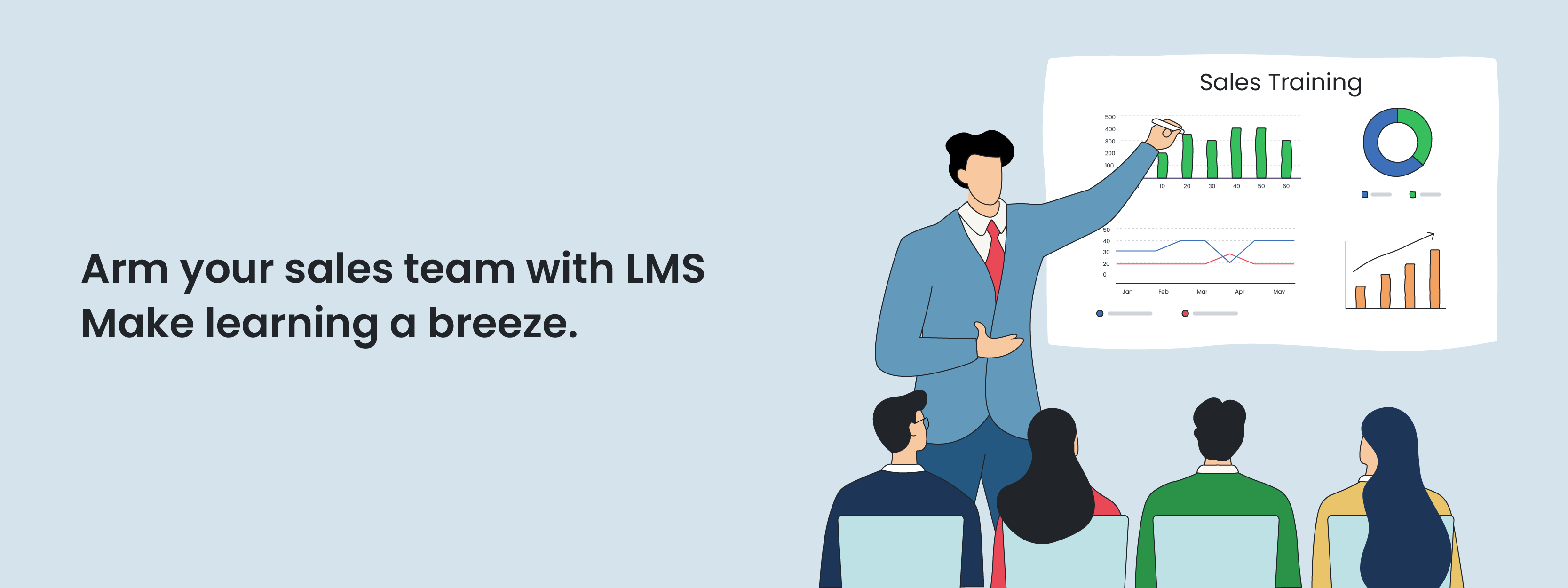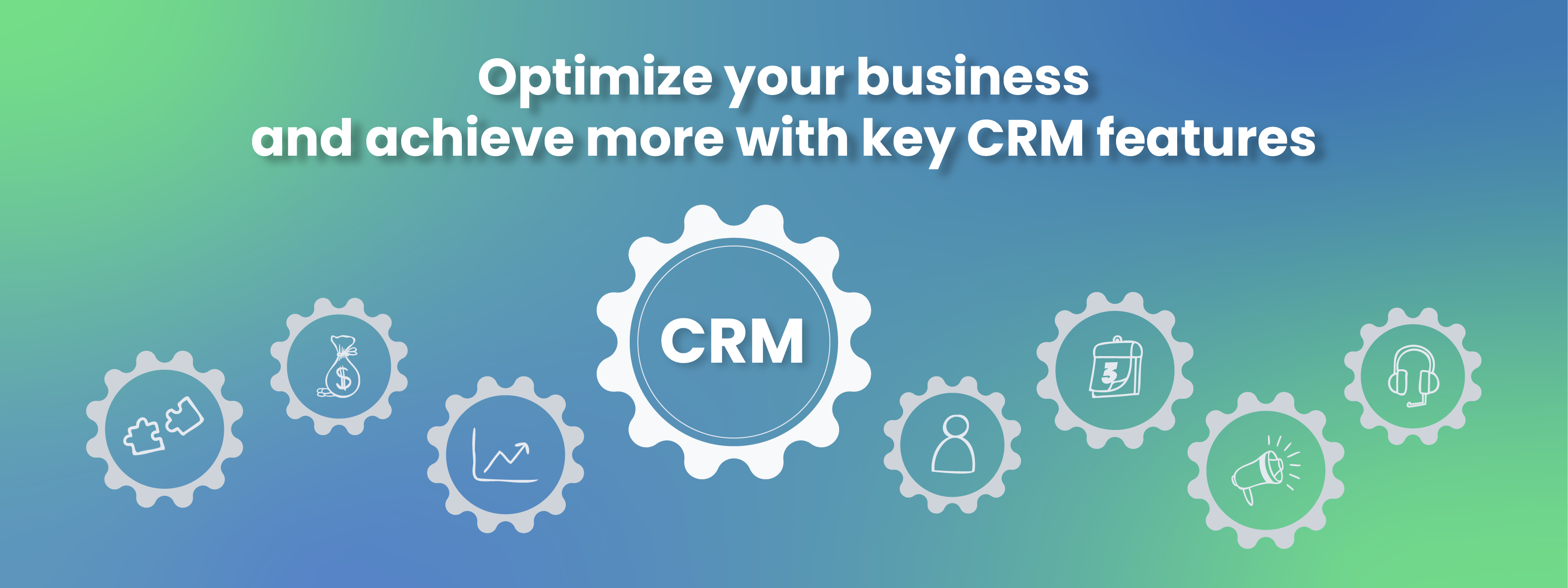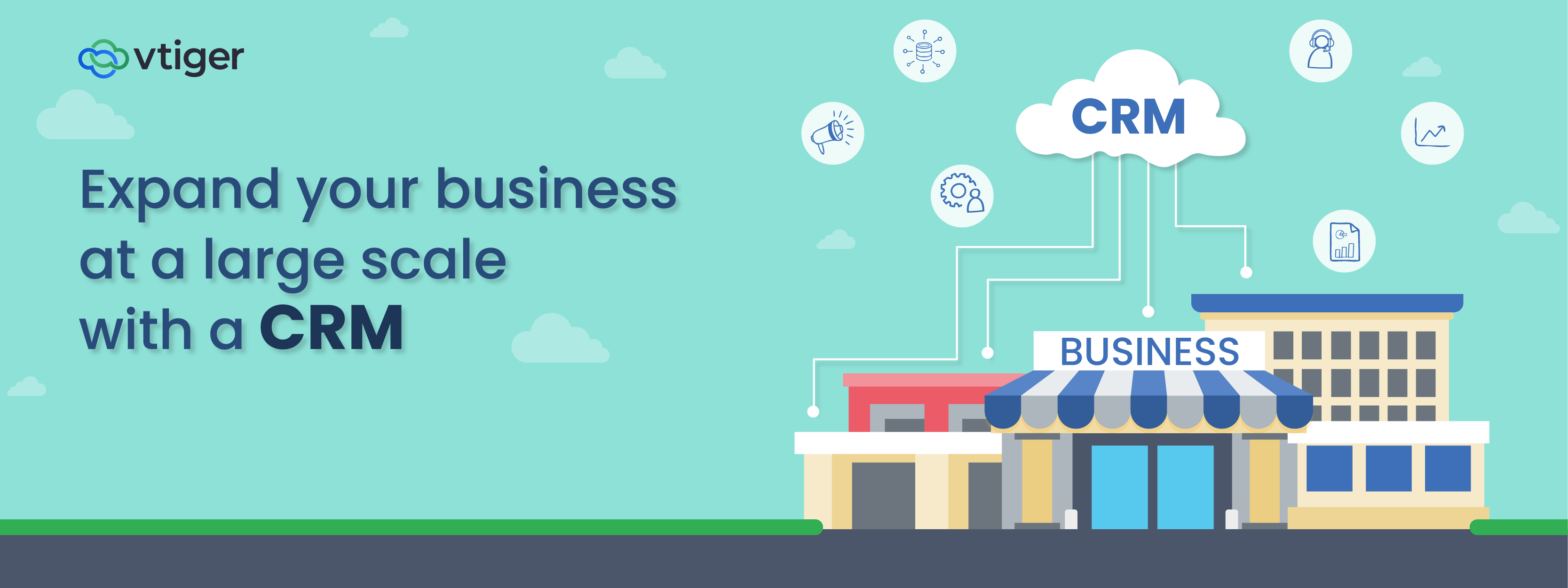Corporate learning is primarily about expanding your business knowledge and presenting it rightly to your customers. However, sales being the backbone of a business, it is essential for sales reps to have substantial knowledge about the products and services to scale up business revenue.
One of the easiest ways is to conduct sales training periodically but there are several challenges involved in in-person training. Mainly, it requires employees to be away from work and attend workshops and conferences. So, whenever there is an update or change in the product, sales teams have to be absent from their work which results in a decrease in sales.
However, with the expansion of technology, it has become easier for the sales reps to be updated about the product, company policies, etc. Teams willing to invest in technology for sales training and development are 57% more effective than their rivals that have no intention of making such investments, according to Task Drive report.
So, if you are planning to invest in a technology to execute sales training for your business, then your focus should be on getting an LMS application installed. Now, you must be wondering how LMS can assist you in sales training. Let us understand that below.
Why do you need LMS for sales training
In today’s competitive world, it is important to stay ahead of the competition and for that, you require relevant skills and knowledge. We discussed in the previous blog about LMS application and how it helps in creating and delivering training programs for various types of businesses. We also discussed how you can yield benefits by integrating an LMS into a CRM.
But, who all needs training in an organization internally?
New hires: To understand the products and services of your business. When they have extensive knowledge, they will be able to sell faster.
Existing employees: Being a sales rep, it is highly important to be updated about the product and give accurate information to your customers.
If you see the kind of work that all of us are involved in, it is not a feasible task to carry out manual training. And, also with remote learning, people are more accustomed to a learning environment that caters to greater flexibility and convenience.
With a robust LMS application, you can not just streamline your sales training but you will be able to perform a whole range of actions that is time-consuming and increases productivity.
Some of the benefits of using an LMS for sales training include:
- It centralizes all your information related to sales on a single platform. Everyone from your sales reps to managers can access it anytime and anywhere. It also minimizes the risk of losing important information.
- It provides sales reps with different learning models– audiobooks, infographics, process videos, etc. Your sales reps can access the content and understand the concept on their own. This promotes self-paced learning which is seemingly the demand of the hour.
- It helps you in providing customized training programs. For example, as a manager, you find some people in your team are not able to communicate with your customers, and some lack product knowledge. You can create courses for both soft skill training and product overview and deliver them accordingly. You can also create courses integrating images, videos, infographics, quizzes, etc., to make it more interesting.
- It enables gamification programs. To keep your sales reps motivated and engaged, you can provide points, badges, etc., which paves way for a healthy competition with other learners.
- It reduces disruptions. Your sales reps can get back to work easily by having web-based learning programs. It offers greater convenience which enables you to attend the classes on time. Even if they miss out on lectures, you can record the sessions and provide them to your sales reps.
- It enables you to generate actionable insights. With an LMS, sales managers can track their team performance, generate reports on their progress and provide valuable feedback.
Different ways to use LMS for sales training
You can impart knowledge to your sales team by providing different kinds of training that not just aids in developing their skills but contributes to their overall growth. Using an LMS you can
Conduct Product Training:

More often than not, sales reps do not have full information about the product. With sales training in LMS, you can provide product training so that representatives can have 360-degree information.
All the sales processes, product information, and sales best practices can be easily updated in the content library. Sales reps can check these anytime at their convenience. Also, whenever there is a product update, content can be updated easily and informed to reps on time.
Conduct skills training:
 Selling is undoubtedly a challenging task. With LMS for sales, managers can record their sales pitches and upload them to the content library so that teams can learn how to sell effectively.
Selling is undoubtedly a challenging task. With LMS for sales, managers can record their sales pitches and upload them to the content library so that teams can learn how to sell effectively.
Also, reps can record their pitch and send them for review. Managers will be able to provide feedback which helps them in improving their sales pitch further. In this way, reps will be able to communicate properly to customers while explaining about the product.
Include gamified learning:
 To make your learning more fun, interesting and competitive, you can apply game-based activities to increase learners’ engagement and motivation.
To make your learning more fun, interesting and competitive, you can apply game-based activities to increase learners’ engagement and motivation.
Using sales LMS, you can provide exciting elements like points, scores, rewards, badges, etc., to your learning milestones. You can also run a weekly contest and display who all have completed their learning goals in the set time period. This will motivate reps to complete their courses on time.
Vtiger is launching its LMS feature very soon that has all the features required to carry out sales training seamlessly. It is integrated with different modules like concepts, questions, exercises, etc., which is definitely going to make your employees learn in a better way.



